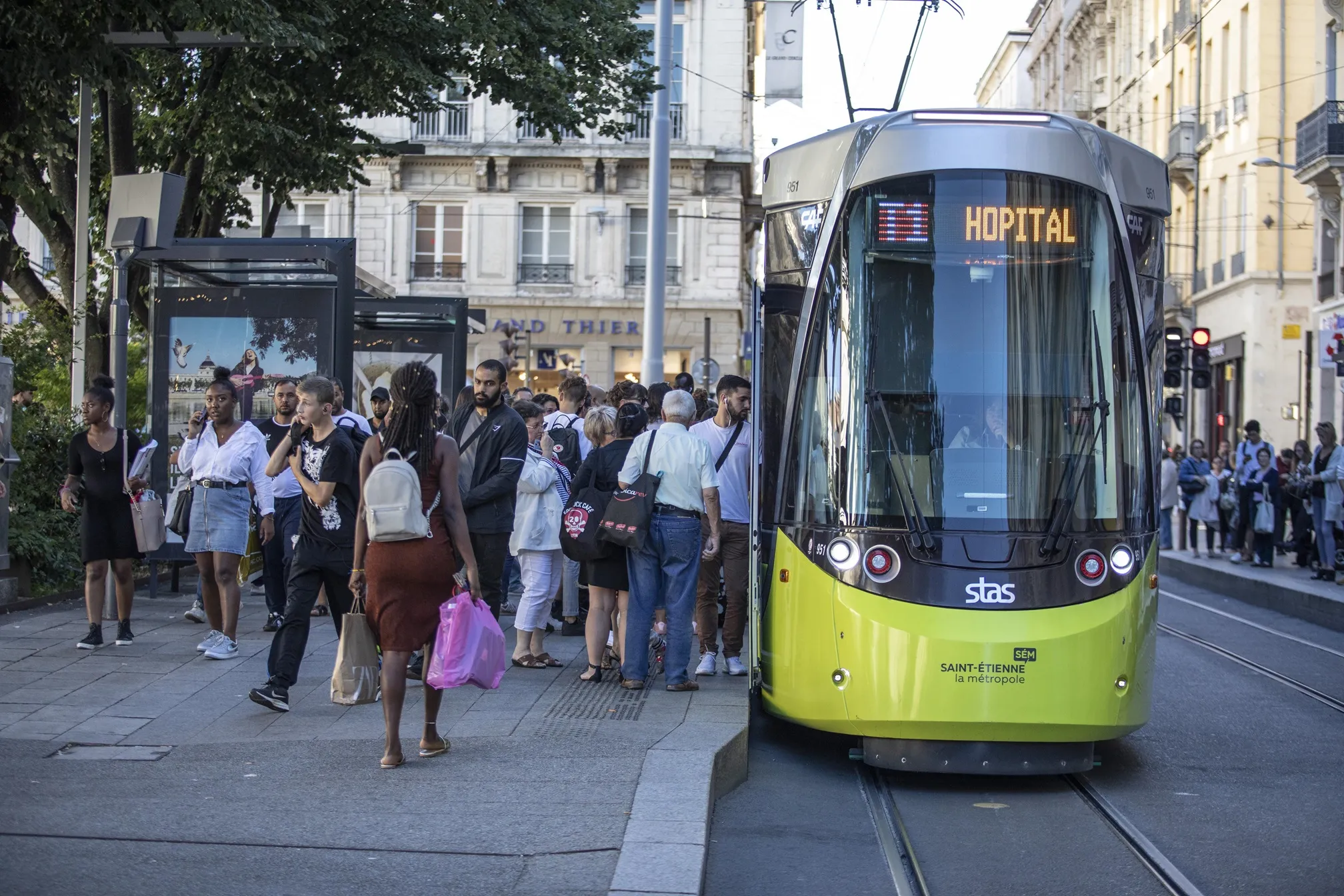Siemens has launched an interoperable charging infrastructure for e-buses which capable of charging buses from different manufacturers.
German public transport operator Hamburger Hochbahn is to begin operation of three additional e-buses on its ‘innovation line’ 109. The battery-powered buses built by Polish company Solaris will be charged at the same Siemens charging stations that also power the plug-in hybrid buses from Volvo which have been serving Hamburg since the end of 2014.
The three buses fr
August 22, 2016
Read time: 2 mins
German public transport operator Hamburger Hochbahn is to begin operation of three additional e-buses on its ‘innovation line’ 109. The battery-powered buses built by Polish company Solaris will be charged at the same Siemens charging stations that also power the plug-in hybrid buses from
The three buses from Solaris are equipped with a Siemens onboard charging system designed for the quick-charge stations. Having both the onboard equipment and charging infrastructure provided by one supplier not only ensures interoperability, but also harmonises the systems based on open international standards. By equipping the buses with Siemens charging equipment, vehicles of every type and from different manufacturers can easily be integrated into one system.
Each of the two charging terminals has a capacity of 300 kW and two charging stations. The stations can provide the buses with enough energy to enable them to operate a full day from terminal to terminal on line 109. The charging operation takes only around six minutes.
The charging process uses open international standards IEC 61851 and ISO 15118 that are the basis for e-bus charging systems. These enable vehicles from different manufacturers to use the same charging system. This solution allows operators to select their e-buses independently of the charging infrastructure and ensures their interoperability.







